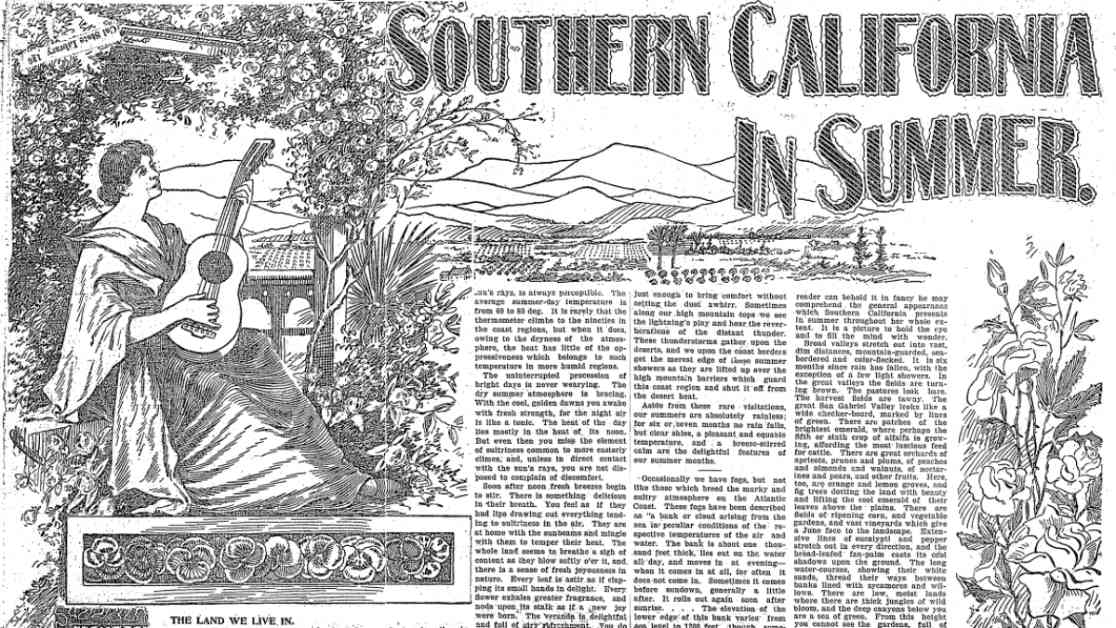The Controversial History of the Los Angeles Nickname
In a country as vast and diverse as the United States, regional identities often play a significant role in shaping cultural narratives and historical legacies. One such case that has recently come under scrutiny is the nickname “Southland” associated with the greater Los Angeles region. This seemingly innocuous moniker actually carries a deep and controversial history that sheds light on America’s long-standing issues of regional and political divides.
The Origins of the “Southland” Nickname
The roots of the term “Southland” can be traced back to the tumultuous period of the Civil War in the 1860s. As the Confederacy emerged in the southeastern United States, the concept of “the Southland” became a rallying cry for those who supported the Southern cause. Poems and verses extolling the virtues of this region and its way of life circulated widely, perpetuating the association of the nickname with the Confederacy.
The Role of Opportunistic Figures in Perpetuating the Nickname
One key figure in popularizing the “Southland” nickname in Los Angeles was Harrison Gray Otis, the editor of the Los Angeles Daily Times in the late 19th century. Otis, a Union veteran from Ohio, used the term to promote the virtues of Southern California and counter the perceived superiority of Northern Californians. By commissioning poems and articles that celebrated the beauty and opportunities of the region, Otis sought to establish a new dominion under the banner of the “Southland.”
A Legacy of Division and Struggle
Despite Otis’ efforts to redefine the image of Los Angeles through the “Southland” nickname, the legacy of this controversial term has been marred by its association with deep-seated inequalities and social injustices. The rise of a white oligarchy, fueled by real estate speculation and labor exploitation, created a stark divide between the wealthy elite and the working class population.
As we reflect on the history of the “Southland” nickname and its implications for contemporary society, it becomes clear that the work of building a more equitable and inclusive community is far from over. By confronting the dark chapters of our past and acknowledging the complexities of our regional identities, we can strive towards a future where the divisions of the past are healed, and a new sense of unity and solidarity prevails.
Laura Brodie, a professor of English at Washington and Lee University, aptly captures the essence of this ongoing struggle in her poignant analysis of the cultural and historical significance of regional identities. As we navigate the complexities of our shared history, it is essential to remember that the stories we tell about ourselves and our communities have the power to shape the future we seek to create.







































